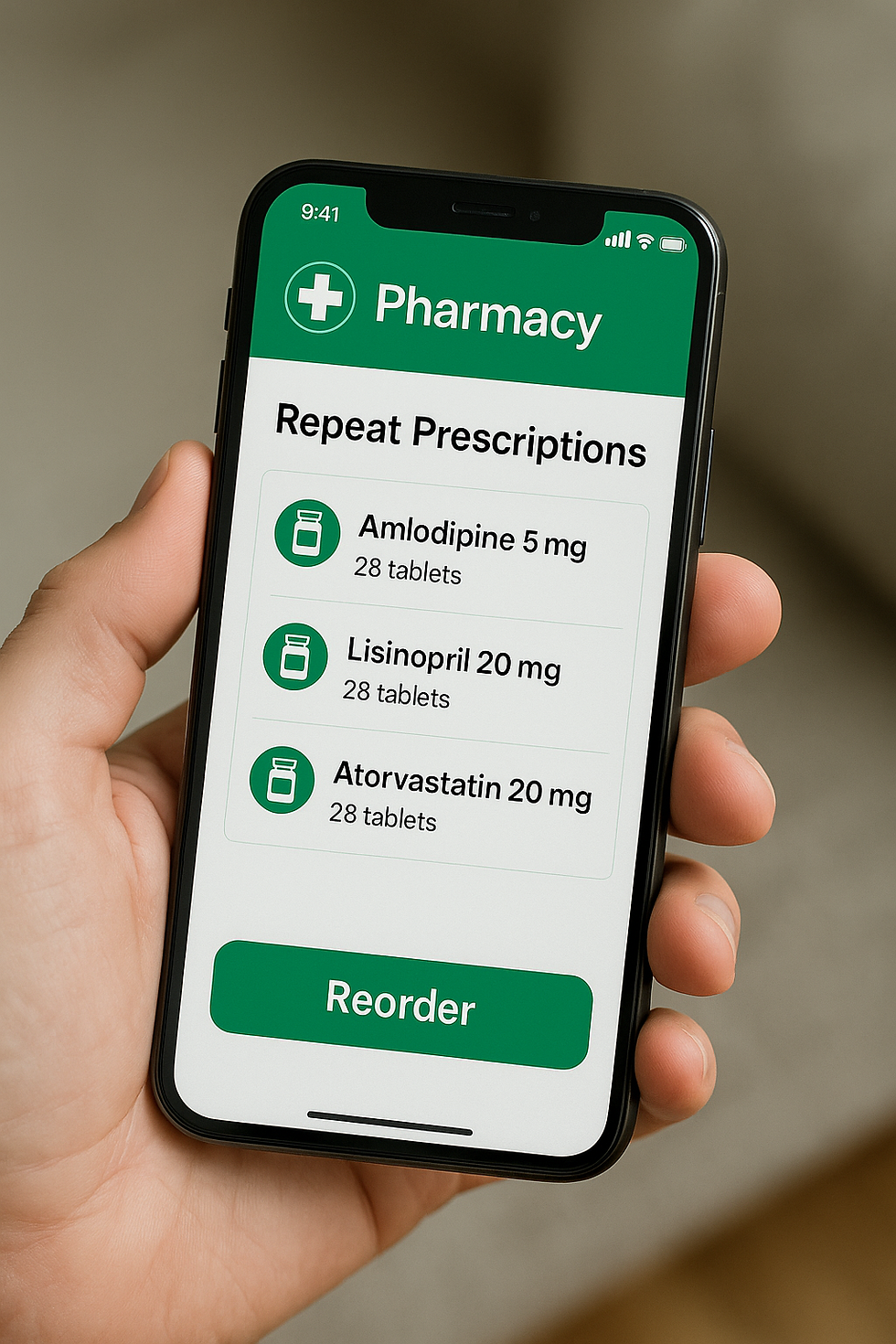The Critical Importance of Non-Clinical Digital Roles in Providing Clinical Services
- Kyle

- Apr 27, 2025
- 2 min read
An Important Question: Clinical vs. Digital Budgets
Not too long ago, an important discussion came up at work:
Should the financial budget of the digital department be treated and managed in the same way as budgets for essential clinical functions?
Consider the non-clinical teams in the digital department, they include:
IT
Application Support
Integration
EPR Configuration
Digital Education
Digital Projects
Information Governance
Business Intelligence
Other non-clinical support teams
To me, the overwhelming answer was clear: digital services are absolutely critical to the day-to-day functioning of clinical services. In fact, they are fundamental.

Digital Dependence in Modern Hospitals
Without the robust digital infrastructure that supports every ward, clinic, and department, hospitals today would struggle to function and certainly could not operate at full capacity.
From electronic patient records and e-prescribing systems to clinical dashboards, imaging systems, and remote monitoring tools, hospitals are deeply dependent on digital services.
Without them, we would see:
Longer waits in A&E
More avoidable (iatrogenic) admissions
Increased elective surgery backlogs
Poorer clinical outcomes overall
Downtimes: Exposing the Fragility
Even planned downtimes, although carefully organised, require massive coordination and divert valuable resources away from business as usual functions. Managing planned outages safely highlights just how heavily hospitals lean on digital systems.
Unplanned downtimes are even more disruptive, often forcing hospitals to strip back to only the most critical services. Clinics are cancelled, administrative work piles up, and patient care is inevitably compromised.
Downtimes, both planned and unplanned, starkly reveal just how deeply integrated digital systems are within clinical services.
Keeping Up with a Constantly Changing Workforce
Hospitals are dynamic environments, with a constant flow of new doctors, nurses, and allied health professionals starting and rotating through services.
Ensuring that every user can securely log in, access the correct systems, and use them effectively for safe patient care is a huge ongoing task.Without skilled non-clinical digital teams handling system access, onboarding, and training, the delivery of clinical care would quickly grind to a halt.
Beyond Support: Driving Innovation
Non-clinical digital teams don't just maintain systems, they drive innovation and service improvement across the hospital.
They are central to:
Ensuring the digital clinical systems we have implemented work as they should
Enabling new ways of delivering care through digital technologies
Supporting more efficient patient care pathways
Improving access to data and insights that support clinical decision-making
Enhancing patient safety through better system design and monitoring
Protecting patient information and maintaining the security of clinical systems
Without their expertise, hospitals would not be able to modernise, adapt, or improve the care they provide.
A Future That Is Only Becoming More Digital
Where once hospitals operated entirely on paper, those days are long behind us.
Attempting to return to a manual, paper-based model would be not only inefficient but clinically unsafe.
Digital transformation is accelerating, and the critical role of non-clinical digital professionals will only grow in importance.
They are not simply providing technical support, they are directly providing the infrastructure and services that enable modern clinical care.
Conclusion: Recognising Their Vital Role
Non-clinical digital professionals are vital to the provision of clinical services.
They are the invisible scaffolding on which safe, effective, and modern healthcare is built.
Their contribution must be fully recognised, protected, and properly resourced, because without them, clinical care cannot thrive.




Comments